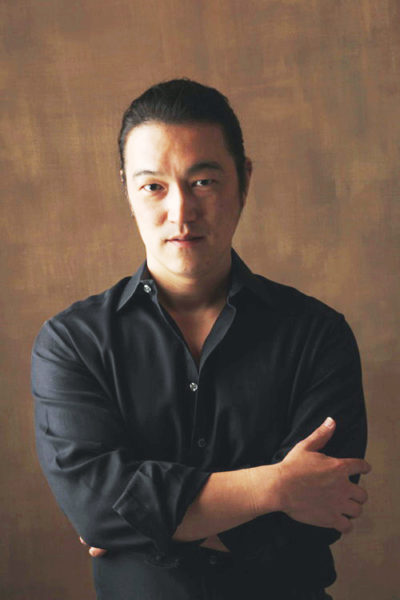Kenji Goto (Kenji Goto)

Kenji Goto was born on 23 October 1967 in the city of Sendai, Miyagi Prefecture, Japan. After graduating from Hosei University in Tokyo in 1991, he worked for a media production company before establishing Independent Press in 1996. He also worked with U.N. organizations including UNICEF and the U.N. Refugee Agency. Reporting from war-torn countries around the world, especially in Africa and the Middle East, he focused on the life and humanity of the ordinary citizens in difficult times. His works include books and DVDs on blood diamonds and child soldiers in Sierra Leone, the Rwandan conflict and its survivors, a teenage mother in an Estonian “AIDS village”, and girls and education in Afghanistan. In 2006, he won the Sankei Children’s Book Award for his 2005 book titled Daiyamondo yori Heiwa ga Hoshii (I Want Peace Rather Than a Diamond). His video reports appeared on Japanese national networks including NHK and TV Asahi. Kenji Goto converted to Christianity in 1997, and was a member of a United Church of Christ in Japan parish in Den-en-chōfu, Tokyo. In October 2014, Goto’s wife, Rinko Jogo, had a baby, the couple’s second child. He also had an older daughter from a previous marriage.
Despite being warned three times by the Japanese government in September and October 2014, both by telephone and in person, not to return to Syria, Kenji Goto entered Syria on 24 October 2014 via Turkey to rescue a Japanese hostage, Haruna Yukawa, who had been captured by Islamic State (ISIL) militants in August. He was reportedly captured by ISIL members the following day. He appeared in a video released by ISIL militants on 20 January 2015, in which they demanded $200 million from the government of Japan for the lives of Goto and Yukawa. His mother, Junko Ishido (石堂 順子 Ishidō Junko), made a plea to ISIL to spare her son at a press conference held at the Foreign Correspondents’ Club of Japan in Tokyo on 23 January. On 24 January, ISIL released a picture of Goto holding a photo of decapitated Haruna Yukawa. In an audiotape accompanying the picture, Goto read a message in English blaming the Japanese government for the death of his “cellmate” and claiming that ISIL would spare Goto’s life and exchange him for Sajida Mubarak Atrous al-Rishawi, an attempted suicide bomber who participated in the 2005 Amman bombings. On 29 January, Goto’s wife, Rinko Jogo, released a plea to his captors through the Rory Peck Trust, a UK-based organization that supports freelance journalists. On 31 January 2015, ISIL released a video that purportedly showed Goto being beheaded. It was later revealed that he had been moved to the town of Tal Abyad near the Turkish border with Syria on 29 January in preparation for a possible exchange with al-Rishawi, but when it became apparent that the exchange would not be taking place, he was taken back to a location near the city of Raqqa in Syria, and killed on the morning of 30 January, local time.
Born
- October, 23, 1967
- Japan
- Sendai, Miyagi Prefecture
Died
- January, 30, 2015
- Raqqa, Syria
Cause of Death
- decapitation



